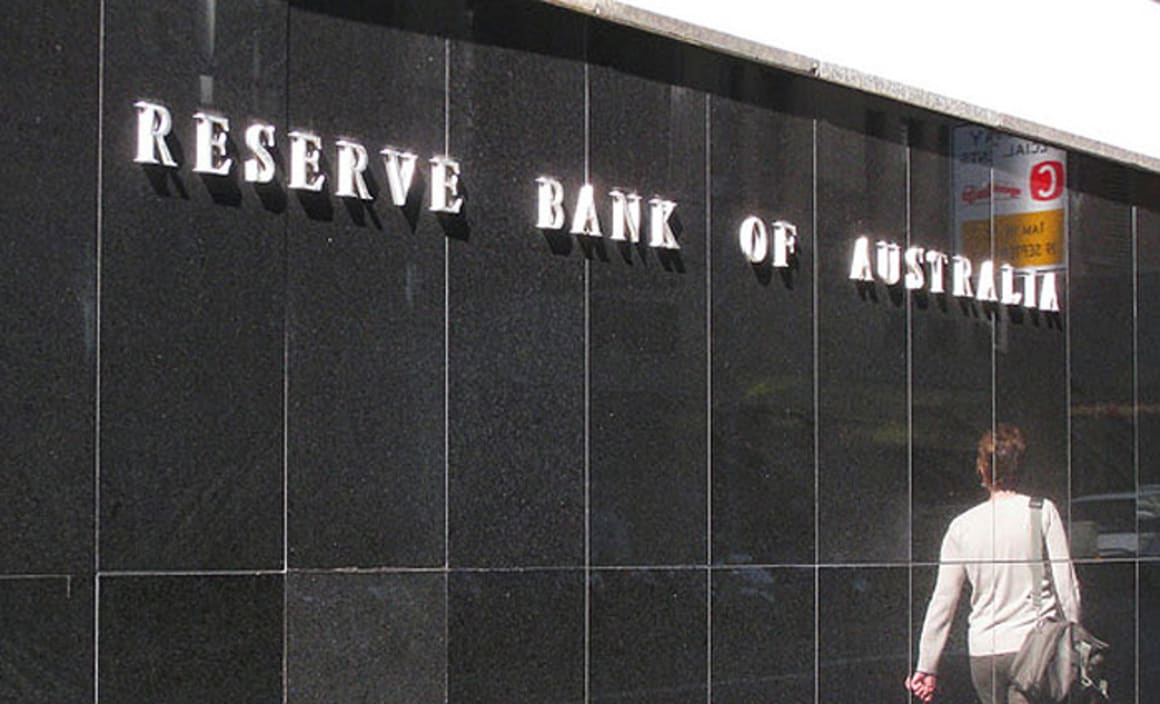Price growth mixed nationally but Sydney brisk: RBA

In his first speech as Reserve Bank of Australia governor, Philip Lowe left the door open to further official rate cuts so long as inflation remains low.
He also suggested there could be a fresh surge in Sydney house prices.
He said that inflation is likely to remain low and that the economy is still some way from generating enough jobs to reignite strong wages growth.
"We too have now joined the club of countries with headline inflation noticeably below the medium-term average, although we are a more recent member than many others," he said.
"Headline inflation here is 1 per cent and measures of underlying inflation are running at around 1.5 per cent.

By contrast, less than 10 percent of jobs got this type of wage increase and almost half had a wage increase of between two and three percent.
"Looking to the future, we expect that the various factors holding inflation down will continue for a while yet," Lowe said.
"But this does not mean that we have drifted into a world of permanently lower inflation in Australia."
He said the economy should gradually strengthen as the negative drag caused by the end of the mining boom exhausts and the labour market tightens.
Lowe described the housing picture as 'complex'. It's one of the sectors of the economy at greatest risk of a blow out if rates are cut too low.
"Prices seem to be increasing quite briskly again in some areas, although are falling in others," he said.
"Growth in rents is very low and there is a big increase in housing supply still to come.
"To add to the picture, credit growth is still exceeding income growth, although by a smaller margin than last year.
"It is also noteworthy that much of this credit is being used to finance new housing construction rather than consumption."
He suggested inflation should pick up over the next two years, however said it's still likely to be "closer to two percent than three percent."
"Achieving the quickest return of inflation back to 2.5 per cent would be unlikely to be in the public interest if it came at the cost of a weakening of balance sheets and an unsustainable build-up of leverage in response to historically low interest rates," he said.
"Conversely, the case for moving more quickly would be strengthened in a world where the labour market was deteriorating and people were having increasing difficulty finding jobs."
Lowe concluded by highlighting the GFC, admitting it has left "scars" by creating uncertainty and a lack of job security for companies and workers.
"This increased value put on job security has made many workers less inclined to push for large wage rises."